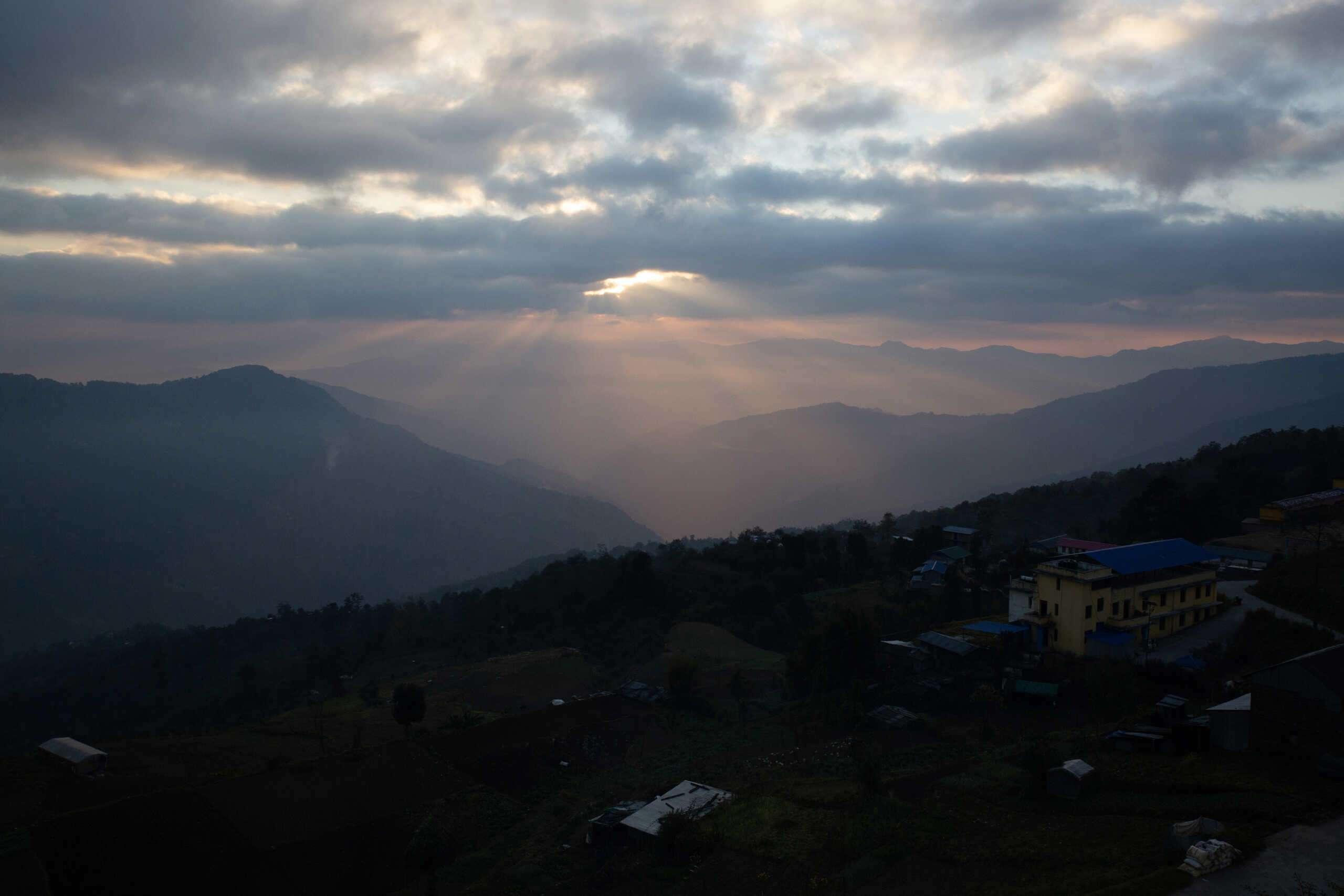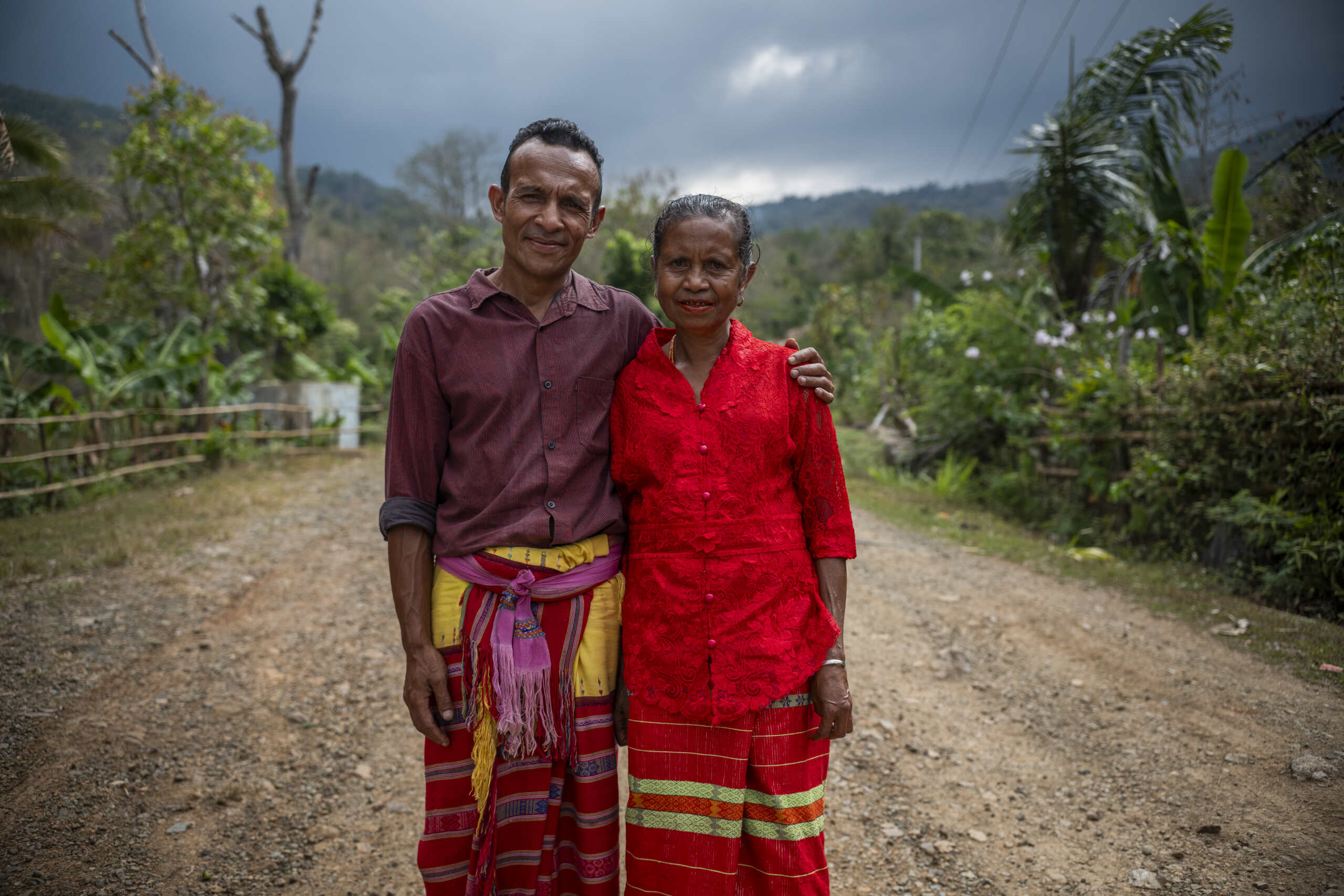Nepal’s Mental Health Crisis
Stories | October 1, 2021 | Author: Jane Edge
The opportunity to visit CBM partner organisations and see first-hand the difference they’re making in the lives of people with disabilities living in poverty is something I appreciate so deeply.
In early 2020, before COVID-19 had a significant impact on our lives, together with some CBM Australia colleagues, I was able to spend time in Nepal to see some of this work and meet with community members.
Nepal, home to eight of the world’s 10 highest mountains, is a beautiful country and the people are warm and welcoming.
Sadly, there is a significant mental health crisis in Nepal. The World Health Organisation reports that Nepal has the world’s 7th highest suicide rate, and there is a serious and outdated stigma still attached to mental illness which means that many people struggling are left struggling. Services are extremely limited and even when aware of them, many are fearful of seeking out the support they need to turn their lives around.
One of our partner agencies, CMC-Nepal (Centre for Mental Health and Counselling), is doing some excellent work to change this situation.
CMC-Nepal provides psychosocial counselling services for children, adults and families and runs a number of community-based programs such as a school mental health program to improve the wellbeing and awareness of our next generation, in partnership with the Nepalese Department of Education.
Meeting with our colleagues at CMC-Nepal was an opportunity to learn more about some of the extraordinarily challenging circumstances many Nepalese people and communities experience. Grinding poverty, unemployment, domestic violence and social exclusion combine to create such difficult circumstances, which contribute to mental health challenges.
Many people also live far from bigger cities such as the capital Kathmandu which makes accessing services even more difficult.
As well as providing services on the ground to great effect, CMC-Nepal engages in important advocacy to the Government to create awareness about mental health issues and effectively lobby to improve local services.
For me, the highlight of any field trip is the chance to meet those benefiting from the program work. Their personal stories make the impact so tangible. In this case, it was powerfully evident that with access to effective community-based mental health services and peer support, people with disabilities can improve their lives and their futures.
Read about how CMC is responding to COVID-19 here.
Learn more about CBM’s Mental Health Programs here.
https://www.cbm.org.au/stories/nepals-mental-health-crisis
Related Stories

Building inclusive, climate resilient communities in Bangladesh
Highlights from DFAT Post’s visit In January 2026, representatives from the Australian High Commission in...

Week 1 – Lent series 2026
As we enter the season of Lent, we’re taking time as a community to pause, reflect, and draw closer to the heart of God. Lent invites...

How CBM is making a difference in Indonesia
For more than 45 years, CBM Global has been working alongside communities in Indonesia to ensure people with disabilities...
